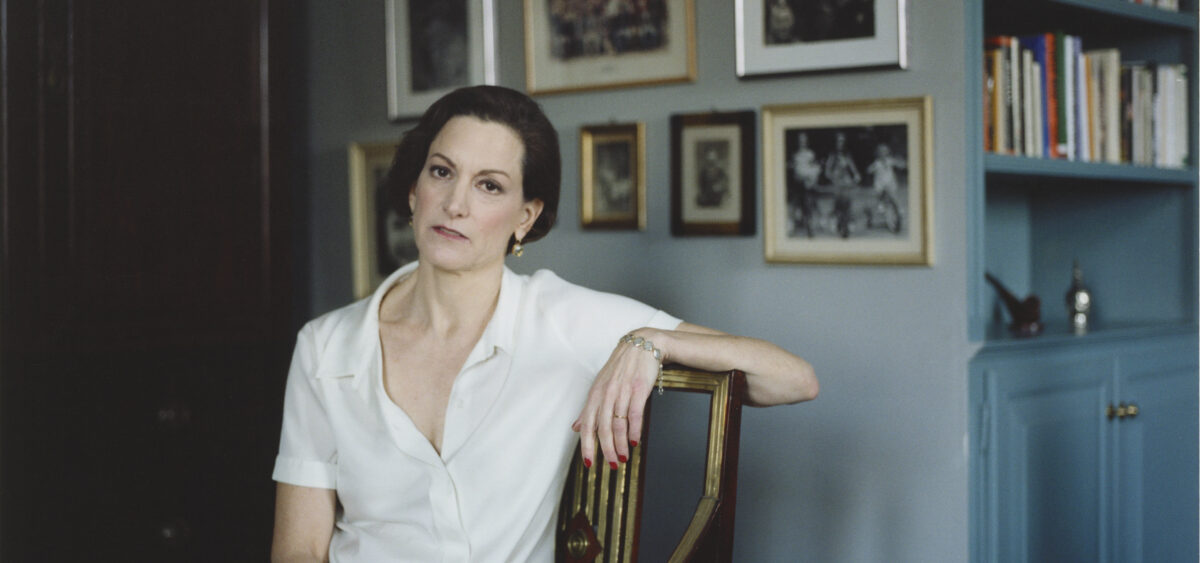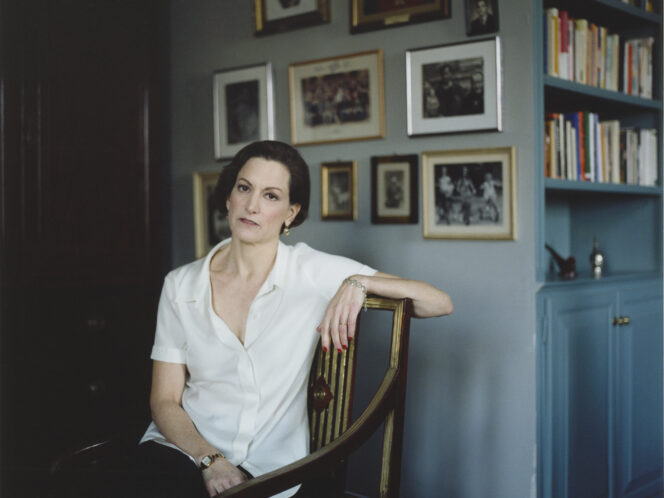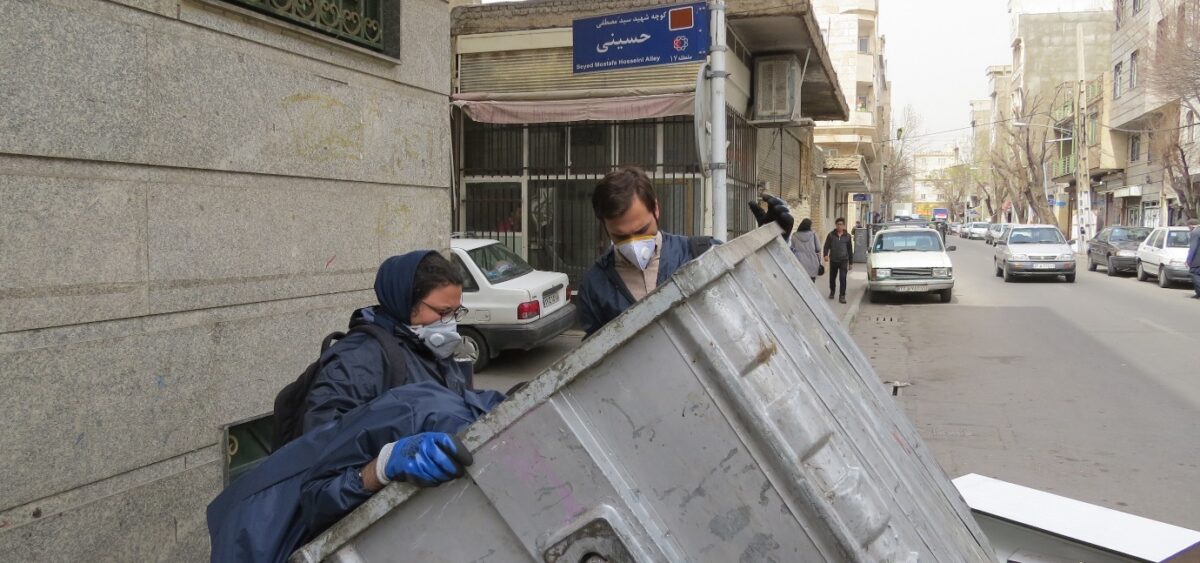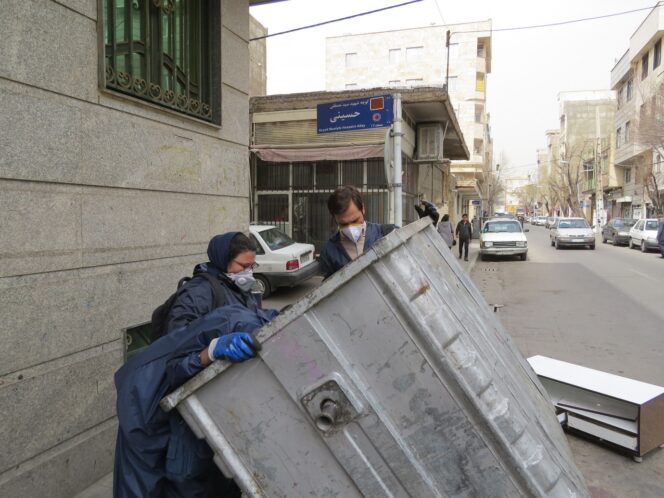
American writer, Polish mother, and Pulitzer Prize winner Anne Applebaum discusses her fascination with Poland, politics, and history.
Aleksandra Lipczak: Your latest book is called Matka Polka [a phrase that refers to the archetype of the ‘Polish mother’ – ed. note]. Is this a provocation?
Anne Applebaum: My husband thought of the title, he found it funny. It reflects his particular sense of humour, but I also thought it was a good one. It allows us to redefine what ‘Matka Polka’ means. There is the stereotype of a busy woman who spends all her time with her children and leads a very traditional life. But why does this have to be Matka Polka; why can’t I be one, too? I’m Polish and I’m a mother, so can I also aspire to this name.
After reading and watching some of your previous interviews, I had the impression that you don’t like talking about your private life. But it’s right there in Matka Polka: an autobiographical extended interview.
Partly I was talked into it by my friend, Paweł Potoroczyn, whom I have known for many years and whose taste and interests are very similar to mine. I knew that we would be talking about things that were interesting for both of us. At this point in my life, I have also started to feel that I need to explain things about myself and how I got here to people who don’t know my history. But mostly it was due to the idea that it would be fun to do it with Paweł.
The story behind your coming to Poland is quite epic, I would say. You first came here as a smuggler.
I’m not sure if it was the first visit. I did a few trips to Poland as a tourist before I moved here as a foreign correspondent [for The Economist and The Spectator – ed. note]. It’s true that on one of them I came with money for Solidarity.
A few thousand dollars. It was a fortune in Poland at the time.
It was collected in the UK by the philosopher Roger Scruton and Timothy Garton Ash, a well-known journalist. My life in Poland didn’t seem epic back then, but now, 30 years later, I do start to feel like I lived through some very important transformations and that some of my personal experiences might be interesting for others. In the meantime, new generations have grown up. They don’t remember the times that we’re talking about.
We’re used to thinking a








